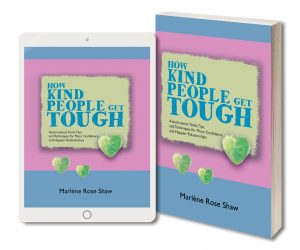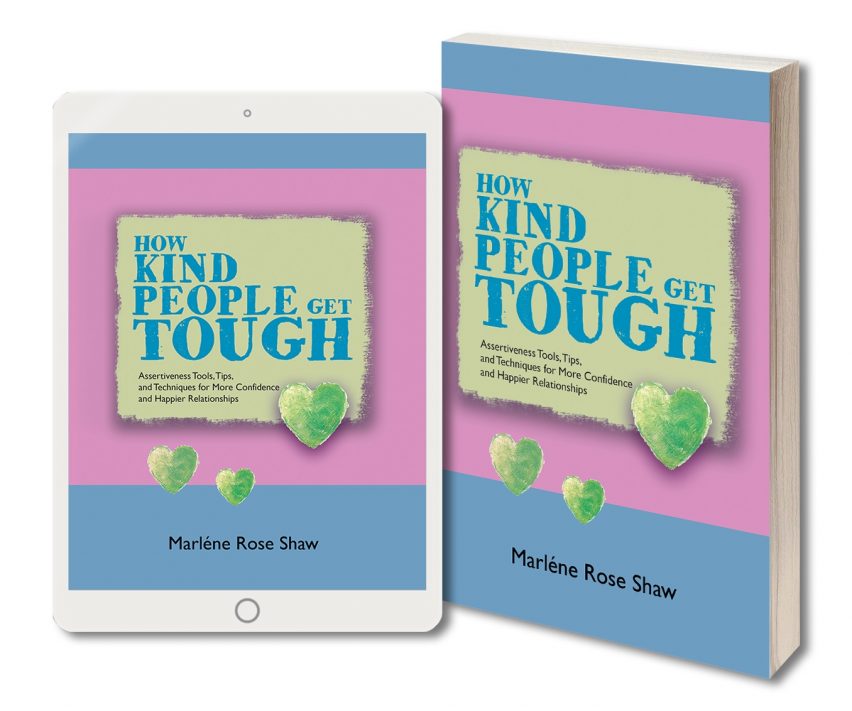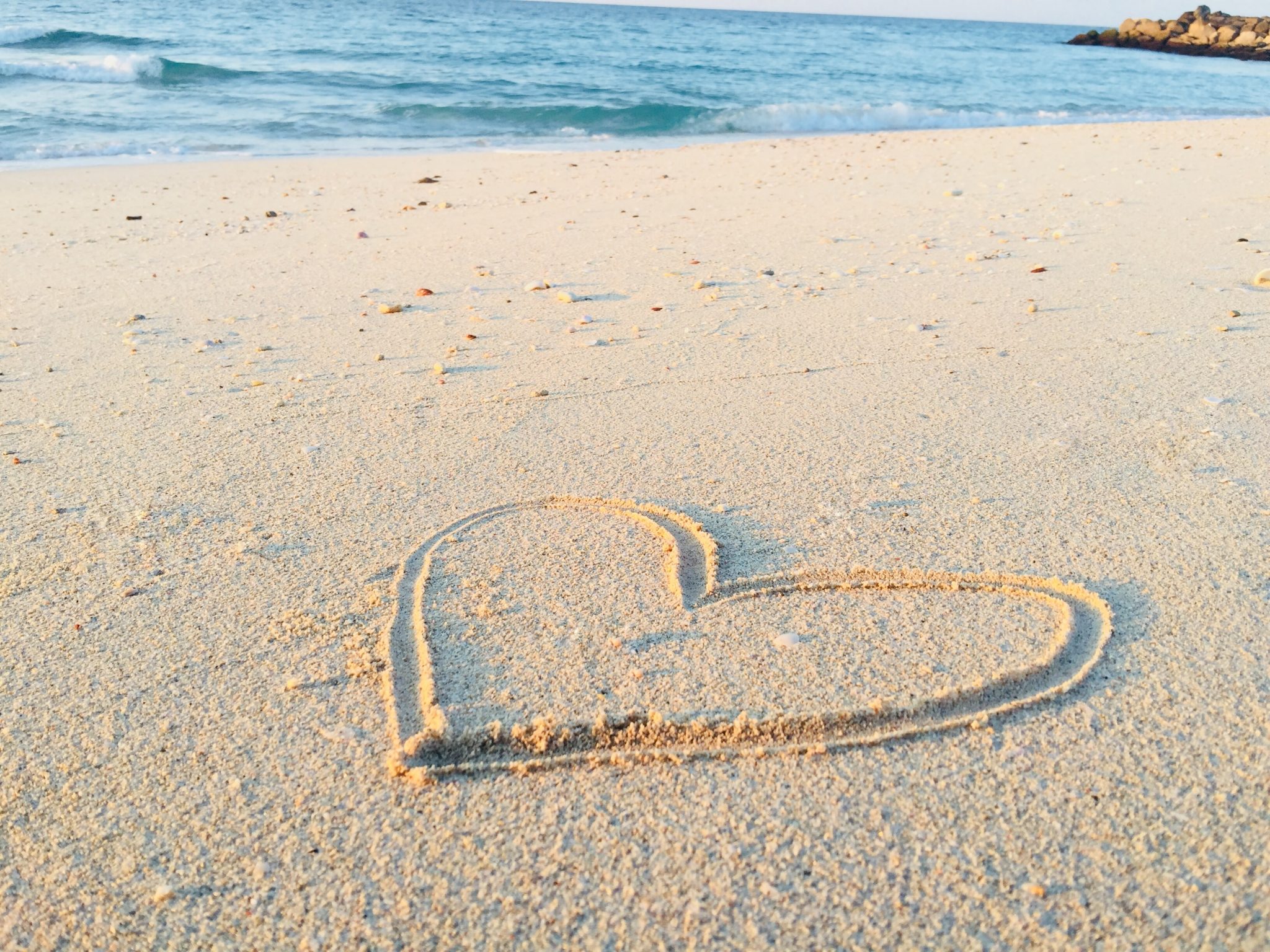
Are You Really Being Kind?
In How Kind People Get Tough I describe how when we people-please we’re often coming from a place of misguided kindness rather than conscious kindness.
So what's the difference between these two?
Misguided Kindness
While most of us want to be kind, we sometimes get kindness all muddled up. We can think we’re being kind when actually we’re not being kind at all.
If you keep giving in to someone because you don’t want to say no—is that being kind to you, and ultimately to them?
In reality, misguided kindness isn’t kindness at all—it's really just fear disguised as kindness. It’s an illusion of kindness that shows up in ways that seem like an easy solution at the time.
I’ve been there myself, and maybe you too will have recognised misguided kindness in your own relationships. Perhaps you’ve gone into people-pleasing mode or made yourself available (when you really weren’t) or rescued someone from their own responsibilities.
It can seem so much easier to try to avoid uncomfortable feelings, by smoothing things over and keeping the peace. We all do this sometimes because we so much want to be accepted and validated by others.
We also do it because we want to avoid conflict.
I know that even just the thought of challenging someone’s disrespect can seem daunting. Ruffling their feathers means you may well have to sit with their discomfort for a while. But this is life; there will always be differences of opinions and flurries of emotions.
And respect works both ways. When we’re not being honest with someone about how we feel—is that being respectful to ourselves? Is it being respectful to them?
Conscious Kindness
While misguided kindness is often a knee-jerk reaction—an attempt to smooth things over and keep people happy—conscious kindness is the opposite. As the word ‘conscious’ implies, it’s much more about self-reflection and thinking things through. It’s about considering the long-term outcome and it’s about finding the balance of positive outcome and love for all concerned. Conscious kindness is at the heart of what true assertiveness really means.
Conscious kindness asks:
- How can I respect myself, and others, by being authentic in this situation?
- How can I make sure I’m being kind to both myself and the other person here?
- What does our relationship need from me for it to evolve and deepen?
It takes a little practice to think in this more intentional way, but you’ll find that once you make this shift, it’s so much easier to be sincere and direct in your relationships. The more you practise conscious kindness, the easier it will be to find the courage to be your authentic self and speak your truth. Understanding the difference between misguided kindness and conscious kindness is the key to having more confident and successful relationships of all types.
Whay Kind of Kind Are You Being?
One good way to know what to do in a difficult situation is to ask yourself:
‘What kind of kind am I being?’
You may find yourself feeling confused and wondering:
‘Am I right to be pressing my point here, or am I just being oversensitive? …
'Is this really my stuff, or is it their stuff?'.
'Is it my place to say something?'
The Conscious Kindness Checklist is one of the many companion resources that come with the book: How Kind People Get Tough
Based on over 25 years of teaching people how to say no, find the courage to speak up, ask for respect and have much better relationships.
How Kind People Get Tough is packed full of case studies, tools, tips, and techniques. This much-loved book also includes your free Companion Resources to help you put those skills into practice.

Counselling and Therapy Costa Del Sol, Spain
Fuengirola, La Cala, Marbella and online

